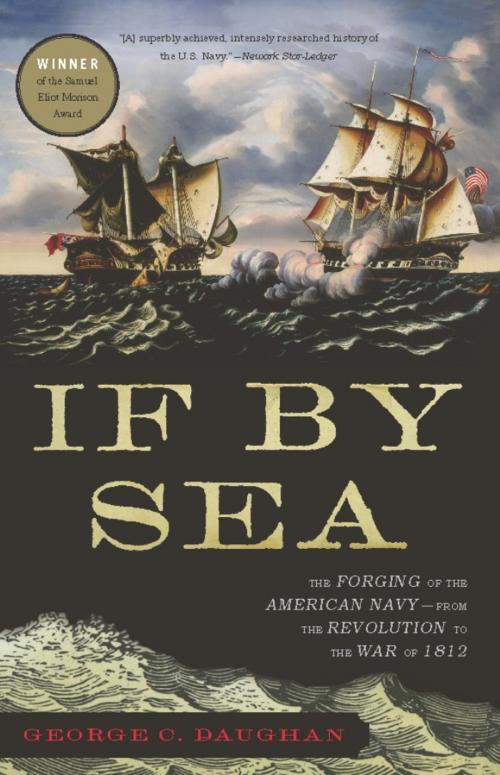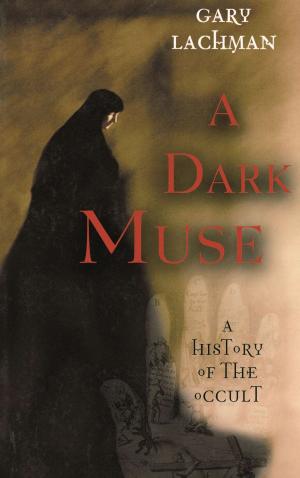If By Sea
The Forging of the American Navy--from the Revolution to the War of 1812
Nonfiction, History| Author: | George C. Daughan | ISBN: | 9780786731930 |
| Publisher: | Basic Books | Publication: | May 13, 2008 |
| Imprint: | Basic Books | Language: | English |
| Author: | George C. Daughan |
| ISBN: | 9780786731930 |
| Publisher: | Basic Books |
| Publication: | May 13, 2008 |
| Imprint: | Basic Books |
| Language: | English |
The American Revolution-and thus the history of the United States-began not on land but on the sea. Paul Revere began his famous midnight ride not by jumping on a horse, but by scrambling into a skiff with two other brave patriots to cross Boston Harbor to Charlestown. Revere and his companions rowed with muffled oars to avoid capture by the British warships closely guarding the harbor. As they paddled silently, Revere's neighbor was flashing two lanterns from the belfry of Old North Church, signaling patriots in Charlestown that the redcoats were crossing the Charles River in longboats. In every major Revolutionary battle thereafter the sea would play a vital, if historically neglected, role. When the American colonies took up arms against Great Britain, they were confronting the greatest sea-power of the age. And it was during the War of Independence that the American Navy was born. But following the British naval model proved crushingly expensive, and the Founding Fathers fought viciously for decades over whether or not the fledgling republic truly needed a deep-water fleet. The debate ended only when the Federal Navy proved indispensable during the War of 1812. Drawing on decades of prodigious research, historian George C. Daughan chronicles the embattled origins of the U.S. Navy. From the bloody and gunpowder-drenched battles fought by American sailors on lakes and high seas to the fierce rhetorical combat waged by the Founders in Congress, If By Sea charts the course by which the Navy became a vital and celebrated American institution.
The American Revolution-and thus the history of the United States-began not on land but on the sea. Paul Revere began his famous midnight ride not by jumping on a horse, but by scrambling into a skiff with two other brave patriots to cross Boston Harbor to Charlestown. Revere and his companions rowed with muffled oars to avoid capture by the British warships closely guarding the harbor. As they paddled silently, Revere's neighbor was flashing two lanterns from the belfry of Old North Church, signaling patriots in Charlestown that the redcoats were crossing the Charles River in longboats. In every major Revolutionary battle thereafter the sea would play a vital, if historically neglected, role. When the American colonies took up arms against Great Britain, they were confronting the greatest sea-power of the age. And it was during the War of Independence that the American Navy was born. But following the British naval model proved crushingly expensive, and the Founding Fathers fought viciously for decades over whether or not the fledgling republic truly needed a deep-water fleet. The debate ended only when the Federal Navy proved indispensable during the War of 1812. Drawing on decades of prodigious research, historian George C. Daughan chronicles the embattled origins of the U.S. Navy. From the bloody and gunpowder-drenched battles fought by American sailors on lakes and high seas to the fierce rhetorical combat waged by the Founders in Congress, If By Sea charts the course by which the Navy became a vital and celebrated American institution.















